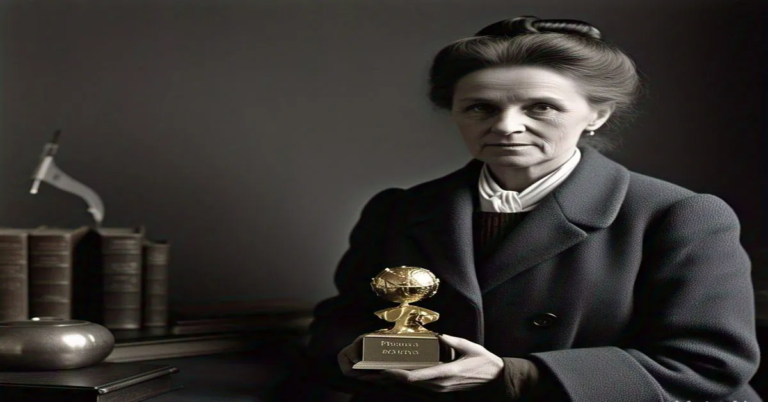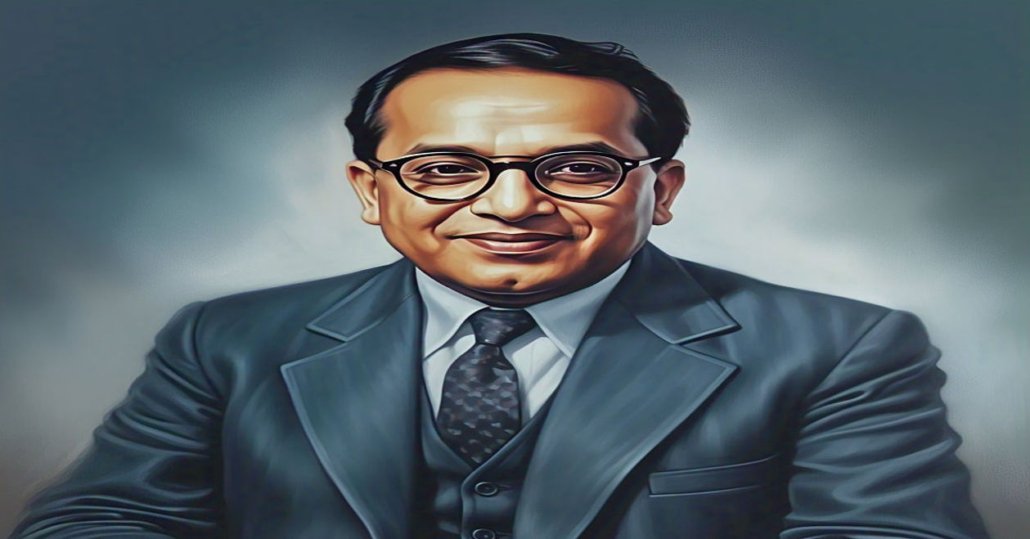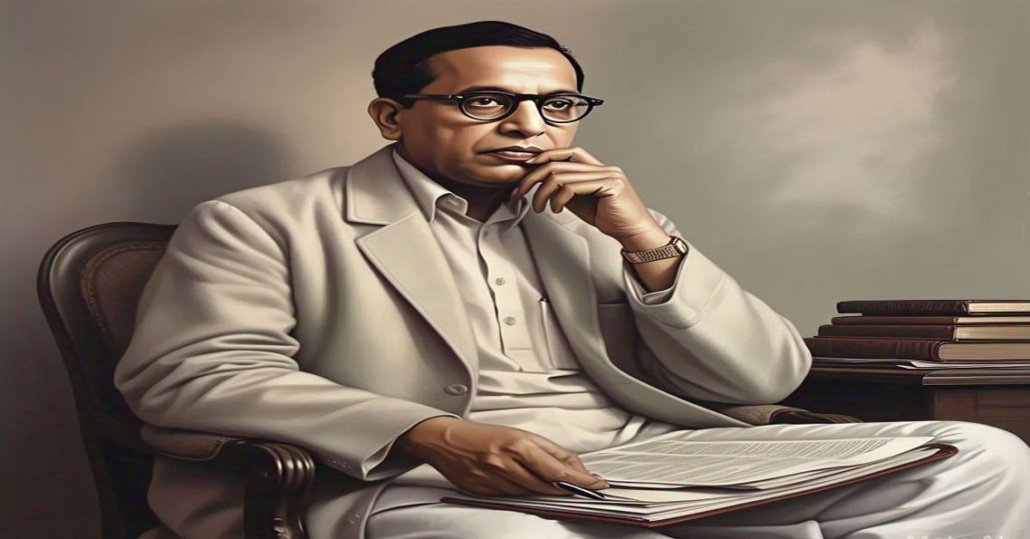Steve Jobs Autobiography
/0 Comments/in Uncategorized/by rathodkethan1@gmail.comIf you want to be successful, you must read these stories of 'Iphone' Steve Jobs

Steve Jobs Early life
In this speech, he shared three stories related to his life. Here Steve Jobs said, “I got kicked out of college. But before I explain why this happened, I’ll share the story of my birth with you. My mother was a college student. Therefore, she was unmarried.
Naturally, she intended to put me up for adoption with a couple who were college graduates. Before my birth, my biological parents chose a lawyer and his wife to adopt me. But they wanted a daughter and not a son. The doctor told my adoptive parents, “You have a baby boy.”. So do they want to adopt me?? Suddenly, he agreed.
Steve Jobs Education
My mother found out that the couple adopting me lacked a degree. Then she refused to give me up for adoption. After a few months, my mother softened when my adoptive parents assured my biological mother that they would fund my college education.
I got admission to college at the age of 17. During my studies, I noticed that my parents were dedicating their entire earnings to funding my studies. I was not able to understand what I would do in my life.
Steve Jobs- College drop out

Eventually I decided to drop out of college. Then he thought of doing some work. At that time, this decision was probably not right, but today when I look back. In the right way, I know I made the right decision.
At that time I did not have a room to live in. So I used to sleep on the floor in my friend’s room. During the struggle, I used to sell Coke bottles. So that I could eat food with the money. I used to walk seven miles to the Krishna temple to eat.
Steve Jobs learn Calligraphy
Those days, Reed College was famous all over the world for calligraphy. There were beautiful handmade posters all over the campus. I thought, why not?? I also study calligraphy.
I learned serif and sans serif typefaces. I created typography by joining different words with this typeface, which has dots. Ten years later, I designed the first Macintosh computer. This was my first computer design with beautiful typography.
If I had not dropped out of college and had not learned calligraphy, I would not have been able to create this…”.
Apple-Second life-changing story
I was very lucky in this matter that I did what I wanted to do in life. Wozniak and I started Apple together in a garage. I was 20 years old then. We worked very hard, and in just 10 years we reached great heights. The company that started with two people in a garage reached two billion people. Now 4000 employees have started working on it.
We released our best creation, the Macintosh (Macintosh Computer). As the company grew, we chose a talented person to take over the company.
So this company did very well in the first year, but our vision for the future failed. When I was 30 years old, I was fired from the company. I wondered how I could be fired from my own company.
Steve Jobs animated movie
After this, in five years, I created a new company named ‘NeXT.’. Then after this, another company named ‘Pixar.’ ‘Pixar’ made the world’s first computer-animated feature film, Toy Story. Today this studio is widely regarded as the top animation studio in the world.
Sometimes such moments also come in life, but we should not be afraid of them. You should keep an eye on your destination and keep moving forward. It is very important to have some purpose in life; without it, one cannot move forward.
Every day life
When I was 17 years old, I read a quotation. That was something like this: If you live every day thinking that today is the last day. Then a day will definitely come when it will really be the last day. This thing influenced me a lot.
For the last 33 years, I have looked at my face in the mirror every morning. That time I thought that if today is my last day, then I should do what I want. For many days I did not get the answer to my question. The thought that I will die soon inspires me to do more work in life.
Death
A few years ago, I was diagnosed with cancer. The doctor gave me a prognosis of only three to six months left to live. He informed me to tell my family about my illness and my work.
I got myself treated and underwent surgery. Now I am completely fine. I saw death very closely. Nobody wants to die, but death is a reality, which everyone has to face one day.


















